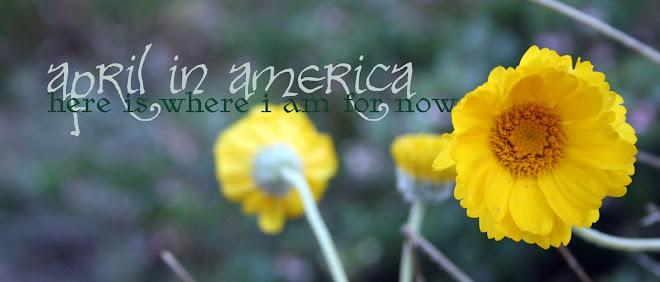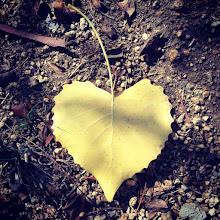 I've been thinking a lot lately about nature and survival of the fittest...thinking about it a lot from summer work, during summer work. (Hiking every day gives you lots of time to think). I work for people who believe in evolution, believe species arrive through evolution, not just micro change over time which everyone agrees occurs. And i've been thinking, if things evolve, if it's survival of the fittest, then why do we care if the weeds take over? Obviously they are more fit.
I've been thinking a lot lately about nature and survival of the fittest...thinking about it a lot from summer work, during summer work. (Hiking every day gives you lots of time to think). I work for people who believe in evolution, believe species arrive through evolution, not just micro change over time which everyone agrees occurs. And i've been thinking, if things evolve, if it's survival of the fittest, then why do we care if the weeds take over? Obviously they are more fit.I think people would say: well, the weeds are there because humans brought them. They were mixed in seeds brought by settlers or in grain shipments, or planted because someone missed them from home or thought they were pretty and imported them from some exotic place. And we should reverse the damage we've done. Nonetheless they are apparently the most fit, and if the native plants just can't make it in the competition, well, then, let the native plants go. The other things do better there.
Really, it's not any different from social darwinism, and saying that people who are infirm or week or mentally incapacitated shouldn't be propped up by society or individual kindnesses. Hitler and other eugenicists simply took that idea a little further and deliberately weeded them out. In both case, if they--plants or people--can't survive without assistance from the rest of us, why prop them up?
Thing is, i don't believe that. I don't believe that theory; i think there is evidence of a plan, and a planner. As Mr. Roger's sang, "Everything grows together because we're all one piece," but instead of it being my hands and eyes and legs, it's the water i drink, the air i breathe, the soil in which my food grows, and the habitat for animals and insects around that eat decayed things and pollinate plants. The planner just so happened to think of everything, every detail, every nuance. Everything works together. If we damage one piece, we damage everything else.
That's why i am a naturalist. Not because i think nature is more important than people, not because i think the planet is going to last forever, but out of respect for the planner.


No comments:
Post a Comment